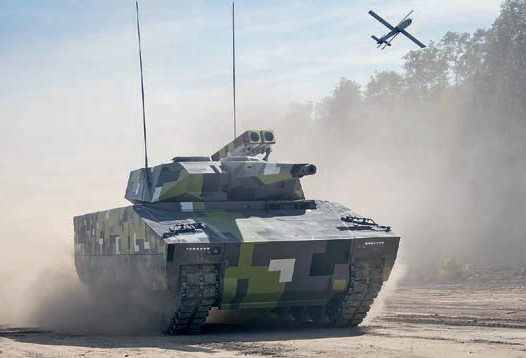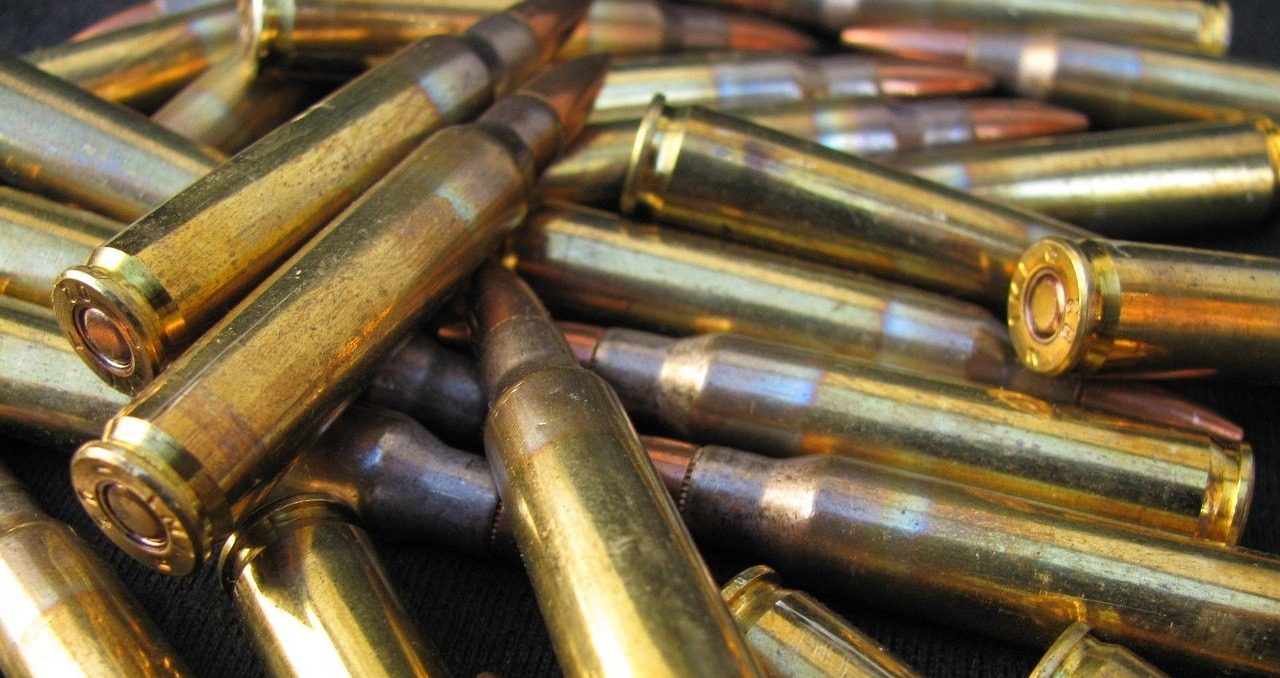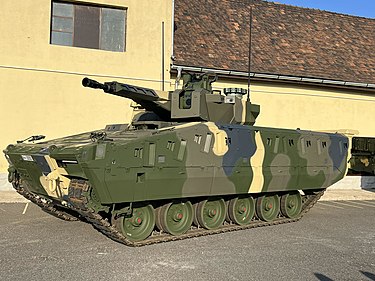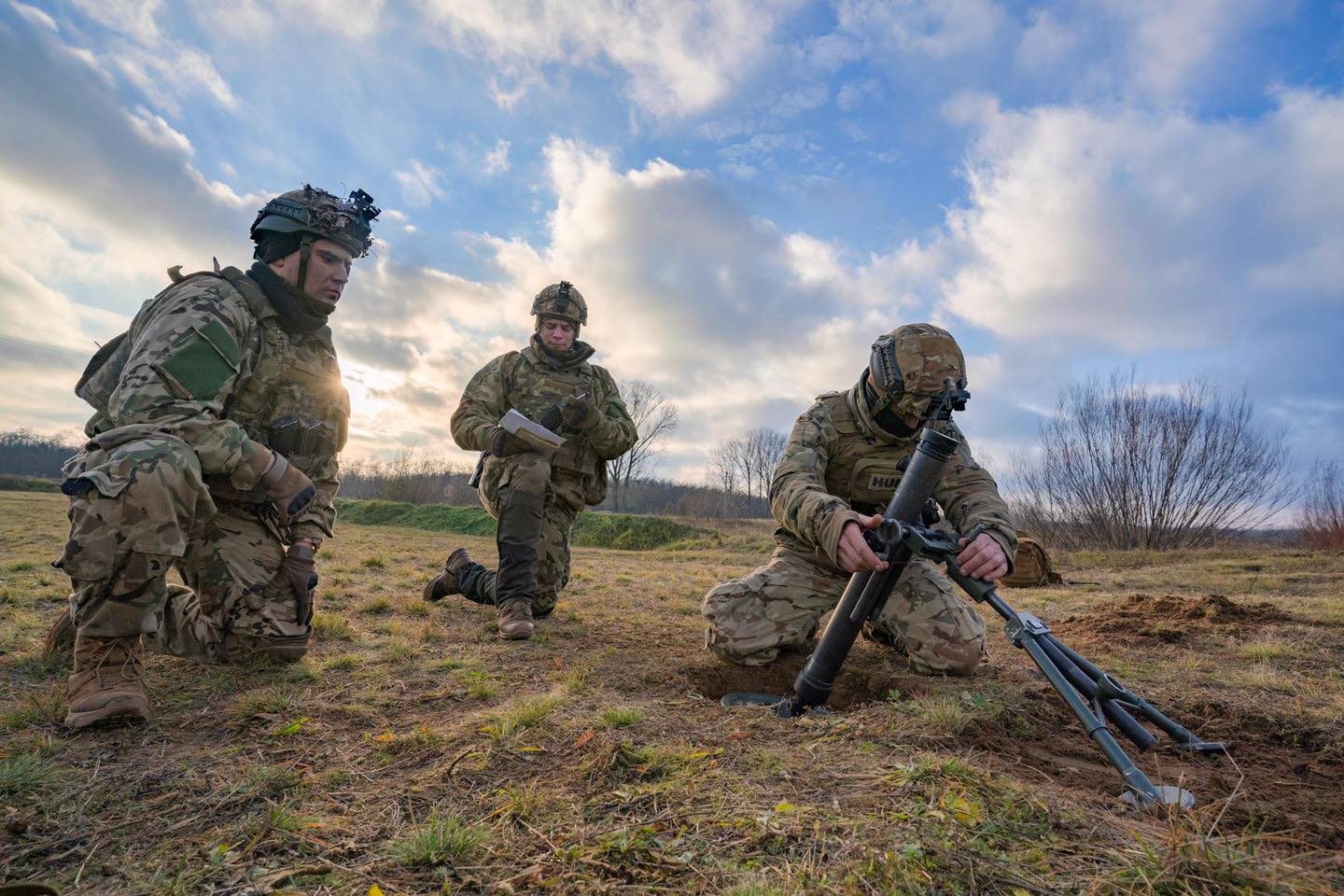
Loitering ammunition has proved to be an essential weapon in Ukraine's battlefields.Continue reading

Small arms and helicopter parts are already in production in Hungary, however soon ammunition and explosives will also be manufactured. The supporting structures of the ammunition factory have been completed and the project is well underway, reports Világgazdaság.
The construction of the ammunition factory in Várpalota (western Hungary) is well underway, with the supporting structures for the production building, warehouses, and office building now complete. The joint project between Rheinmetall AG and N7 Holding National Defense Industrial Innovation Ltd. will be operated by the joint venture Rheinmetall Hungary Munitions Zrt., and will create around 200 new jobs in the coming years.
Production itself will start in the fourth quarter of 2024, after which the project will be expanded to include new products.
In December 2020, an agreement was reached to set up a plant for the production of medium and large caliber ammunition in Várpalota. The plant will produce 30, 120, and 155 millimeter ammunition, used by the new combat vehicles of the Defense Forces, largely for export.

The first production Lynx KF41 in the standard colors used by the Hungarian Defense. Photo via Wikipedia
The first phase of recruitment will start at the end of 2023, and from then on we intend to expand steadily between 2024 and 2025, in line with the launch of the second production phase.”
“We are looking for colleagues who are interested in leading technical-technological solutions and would be happy to work in a dynamic and interesting working environment,” Michael Krebs, CEO of RHM Zrt., told a local newspaper.

Loitering ammunition has proved to be an essential weapon in Ukraine's battlefields.Continue reading
Last year, Attila Demkó, Head of the Geopolitics Workshop at Mathias Corvinus Collegium (MCC), noted that one of the main lessons of the war in Ukraine was that it is useless to have weapons if you do not have enough ammunition.
He highlighted that after the government’s decision to start from scratch, the foundations of the new Hungarian defense industry have been laid within half a decade. This is extremely rapid. Moreover, an important aspect is that these investments were decided by the government long before the international situation was as bad as it is now, added Demkó, who recalled that the Hungarian cabinet had planned large-scale defense industry developments after Russia’s aggression in Crimea in 2014, which was much needed, since Slovakia, for example, which is half the size of Hungary, had a larger defense industry than we did.
Based on the current global political situation, I can say that these plants will probably provide jobs for many thousands of Hungarians for many decades to come and generate income for the country,”
he noted.
He also stressed that these were not simply factories producing equipment for the Hungarian Defense Forces. They represent the highest technical standards available today, and they can bring developments to the whole field of industry.

A major increase in the Hungarian Defense Forces' strike capability will not only contribute to guaranteeing the country's security, but also to the stability of the NATO system.Continue reading
Via Világgazdaság, Featured image via Pixabay
Array
(
[1536x1536] => Array
(
[width] => 1536
[height] => 1536
[crop] =>
)
[2048x2048] => Array
(
[width] => 2048
[height] => 2048
[crop] =>
)
)